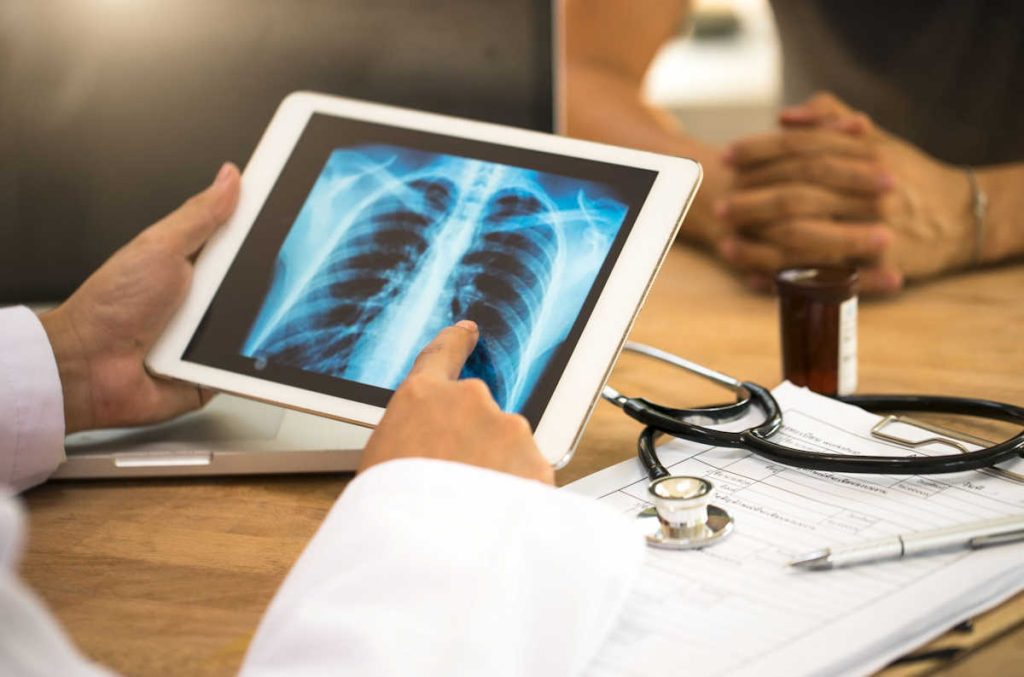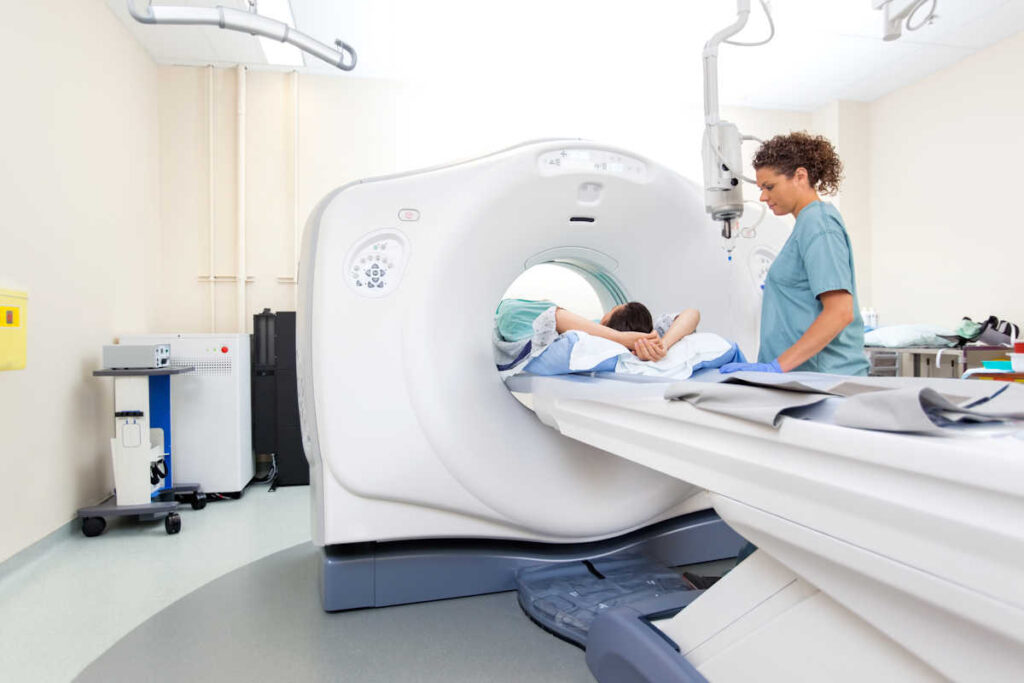
Technology has had a significant impact on modern medicine over the past century, facilitating new and improved practices and tests.

Thanks to technological advances in the field of medicine, levels of efficacy and quality have been achieved that were previously impossible. The scope of care has expanded thanks to technological advances, which have simplified the communication of medical personnel with patients regardless of where they live and have provided them with the necessary care. Technology has enabled significant advances in healthcare, from data analysis to virtual reality .
From process automation to plastic surgery, this guide will examine how technology has altered the medical landscape.
Table of Contents
- 1. Automation of medical processes
- 2. Advanced data analysis capabilities
- 3. Improved diagnostic tools
- 4. Robotics in surgery
- 5. Technology in plastic surgery
- To end
1. Automation of medical processes
The medical industry has come a long way by automating procedures that were previously manual. Thanks to automation , medical processes have become more agile , precise , consistent and free of human error . Automation has freed up doctors to focus on more nuanced jobs and make faster decisions that would have been impossible without it. Another advantage of automation in the healthcare sector is that it is now much easier to keep track of the records of each patient, allowing for better and more accurate diagnosis and treatment. Thanks to automation, diagnosing and treating patients is now easier and more efficient than ever.
Two messages will be sent to the aliens, one to the TRAPPIST-1 system

2. Advanced data analysis capabilities
With the advent of enhanced data analysis tools , medical professionals can quickly spot trends and patterns in patient data to make informed judgments about it. For example, medical professionals can use data analysis to assess the relative efficacy of various therapies and predict how a patient will react to a specific therapy. Clinicians will be able to offer better, more individualized care and make more informed decisions with this data in hand. To further improve healthcare, data analysis can be used to find links between potential risk factors anddiseases .
3. Improved diagnostic tools
The improvement of diagnostic methods is widely recognized as one of the most significant advances in medicine . The detection , diagnosis and monitoring of diseases using equipment for this purpose help doctors to provide more accurate conclusions and, therefore, more effective treatments. Medical imaging procedures, such as MRI and CT scans , help doctors better understand a patient’s condition by providing detailed images of the body’s internal organs. In addition to helping in the detection and diagnosis of diseases, ultrasound technology is also useful for fetal monitoring.

4. Robotics in surgery
The use of robotics in surgery is one of the most striking examples of how technology has improved medical treatment. Surgeons can now perform procedures with greater precision and little disruption to surrounding tissue using robotic arms and 3D imaging . With robotics, both patient recovery time and the likelihood of problems have been dramatically reduced. It has also improved the safety and precision of very complex surgical procedures. Furthermore, robotic technologies are making it possible to perform procedures in places previously inaccessible, which has the potential to save countless lives.
5. Technology in plastic surgery

Technology in plastic surgery has had an impressive impact on this field. Laser-assisted surgery ensures more accurate results with less tissue damage and faster healing times, and computer-assisted imaging and 3D modeling allow plastic surgeons to map out complex procedures in advance. Some plastic surgery treatments can also be performed with greater precision and better results using robotic surgery mentioned above. In addition, recent advances in stem cell research and tissue engineering are allowing surgeons to regenerate tissue and build new organs for transplantation, which may ultimatelychange the way plastic surgery is performed in the future .
To end
Medical practice has been profoundly influenced by technological advances. It has improved the speed and accuracy with which medical professionals can diagnose conditions and the depth with which they can investigate their origins. In addition, it has facilitated the discovery of new therapeutic approaches and pharmaceuticals. Thanks to technological advances, both medical staff and individuals can better manage their health. A significant part of future medical progress will be attributable to technological advances.





